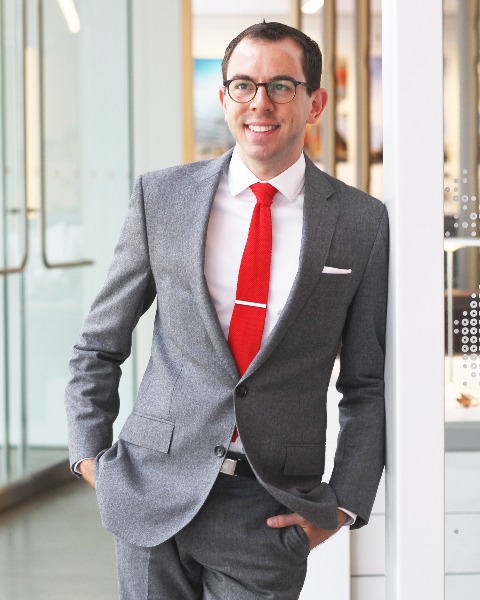

Benjamin Holsinger, Assoc. AIA, LEED AP BD+C, ParkSmart Advisor
Product Development Global Resilience Leader
Gensler
Benjamin collaborates with design teams and partner manufacturers on reducing products' impact on the environment and humans. He provides clients with strategic advice on brand positioning bringing sustainability to the forefront of their conversations, product development, and front-facing image.
Benjamin also works as a senior sustainability strategist, consulting with both project teams and clients to help them meet their sustainability goals - whether on a project or as a corporate strategy. He has extensive experience with sustainable certification rating systems across all sectors and project typologies as well as project scales and multi-disciplinary approaches with clients, consultants, and industry partners. As a wellbeing strategist, he co-created Gensler's point of view on wellbeing in the workplace, WorkWell(tm).
As part of the core team developing and implementing Gensler's Product Sustainability (GPS) Standards - the firm's performance-based sustainability standards - he serves as the firm's manufacturer liaison to develop and implement the standard.




